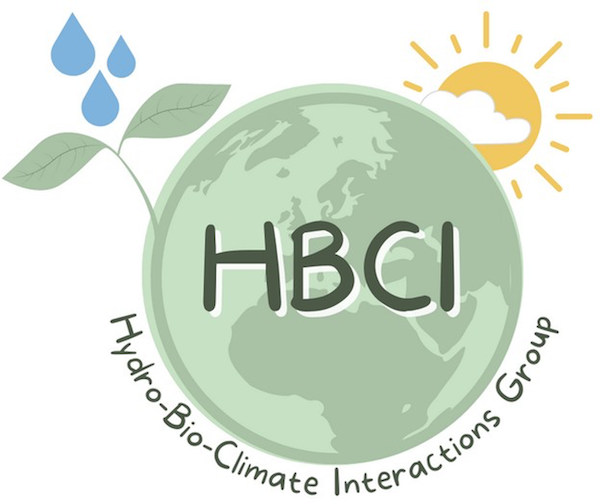Project summary
Soil moisture is a key variable in the land climate system. It can influence vegetation functioning and consequently evaporative cooling and the uptake of CO2 from the atmosphere. Further it affects the partitioning of precipitation into runoff and hence our water resources. Soil moisture information is required to support a wide range of research and applications including agricultural monitoring, flood and drought prediction, climate projections, and carbon cycle modelling.
Despite its scientific and societal importance, large-scale long-term observations of soil moisture are scarce. There is a significant number of direct in-situ soil moisture measurements across depths, but they are not uniformly distributed. We have recently extrapolated these measurements to derive a gridded global dataset (O and Orth 2021, www.nature.com/articles/s41597-021-00964-1). For this purpose we trained a machine learning algorithm to learn how measured soil moisture is related to meteorological forcings and static variables, and then applied it to estimate soil moisture globally based on the available meteorological and static information. This makes the dataset purely data- driven and independent of modeling assumptions.
It is the goal of this PhD project to improve and enhance this first version of a machine learning-based global soil moisture dataset. This can include, but is not limited to, (a) the consideration of satellite observations of soil moisture, (b) the estimation of uncertainty, particularly for climate and vegetation areas which are underrepresented in training data, (c) an assessment of the behavior and plausibility of the fitted machine learning model, (d) an analysis of whether or how soil moisture can be estimated under freezing conditions, (e) an evaluation of the validity of the established soil moisture-meteorology relationships to extrapolate soil moisture in past decades, and finally (f) the application of the trained machine learning algorithm with meteorological output from Earth system model projections to estimate future soil moisture dynamics independent of land surface models. Assessment of model behavior and plausibility.
Working group & planned collaborations
The successful candidate will work within the Hydrology-Biosphere-Climate Interactions research group (www.bgc-jena.mpg.de/en/bgi/hbci). The group is embedded in the Department of Biogeochemical Integration at the Max Planck Institute for Biogeochemistry in Jena. The PhD student will collaborate with national and international partners, and attend workshops and conferences.
Requirements
We welcome applications from highly motivated and curious students from any country who have
- a Master’s degree in environmental science (or related)
- Experience with statistical analysis and modelling (using for example R or Python; please highlight machine learning experience if applicable)
- Excellent written and oral English language skills
The Max Planck Society seeks to increase the number of women in those areas where they are underrepresented and therefore explicitly encourages women to apply. The Max Planck Society is committed to increasing the number of individuals with disabilities in its workforce and therefore encourages applications from such qualified individuals.

|
